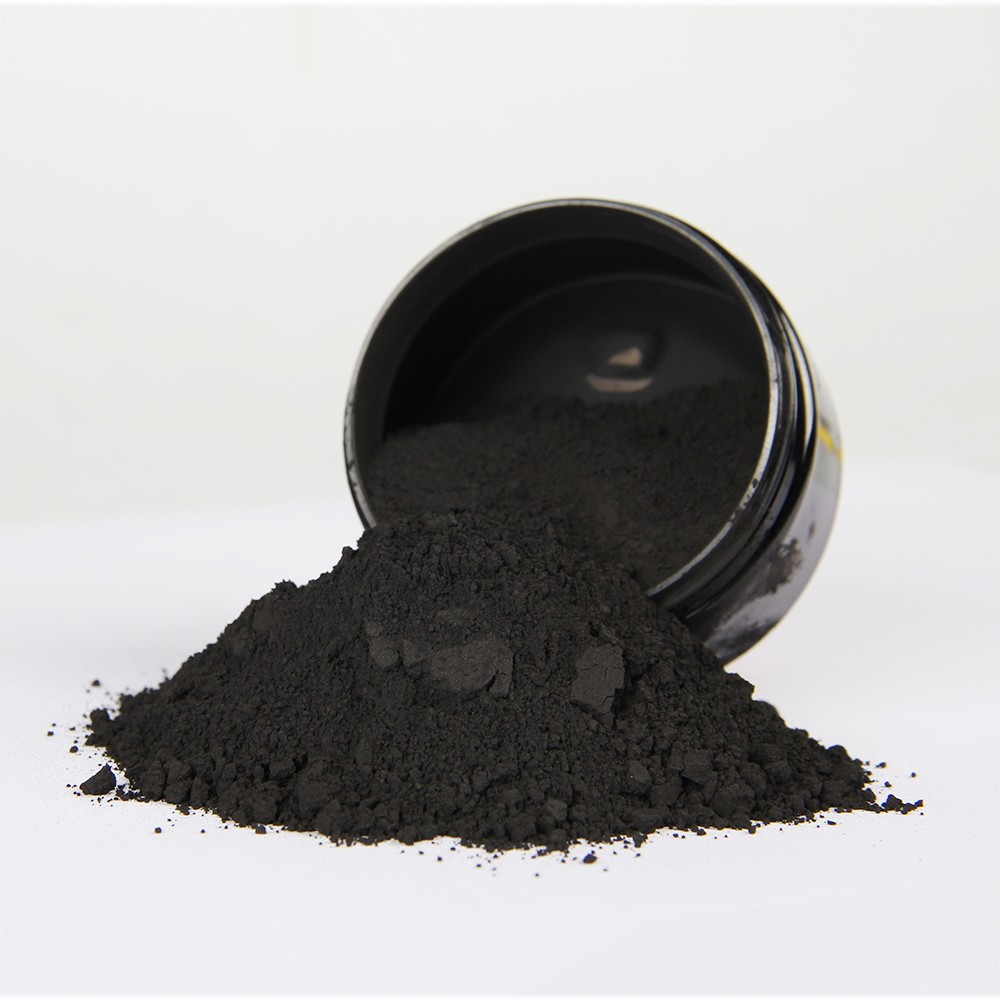Tears are the body’s release valve for stress, sadness, grief, anxiety, and frustration. Also, you can have tears of joy, which occurs as an expression for so much happiness, likely after passing through a difficult stage. In my own life, I am speechless and grateful when I cry.
Crying is a common human activity, and it can be triggered by many different emotions. Crying is a way to purge piled up emotions so they do not lodge in the body as stress thereby causing fatigue or pain. To stay healthy and release stress, it is adviced that sometimes you shed tears. Tears are a sign of courage, strength, and authenticity. Crying makes us feel better, even when a problem persists.
Most people hold back tears and you hear them say stuff like “Please excuse me for crying I was trying hard not to, It makes me feel weak.” all those sentiments an attitude comes from family that expects you to be strong when something bad and heartbreaking happens to you, a society that says one is weak for crying–most especially with the popular saying that “powerful or Strong men don’t cry.”
The new enlightened paradigm of what constitutes a powerful man and woman is someone who has the strength and self-awareness to cry. We need to try to let go of outmoded, untrue, conceptions about crying. It is good to cry. It is healthy to cry. This helps to emotionally clear sadness and stress. Crying is also essential to resolve grief when waves of tears periodically come over us after we experience a loss. Tears help us process the loss so we can keep living with open hearts. Otherwise, we are set up for depression if we suppress these feelings.
Categories of Tears
There are basically three types of tears and as they vary so does their functions in the body and mind vary also. They are;
- Reflex Tears
- Continuous Tears
- Emotional Tears
Reflex Tears:
The is the kind that people cry as a result of an effect of what they are doing, like cooking with firewood or cutting of onions for the meal about to be cooked. Reflex tears help the eyes to clear out debris and noxious particles when they are irritated by smoke or exhaust.
Continous Tears:
This type of tears is produced regularly to keep our eyes lubricated. They contain a chemical called “lysozyme” which functions as an anti-bacterial and protects our eyes from infection. Tears also travel to the nose through the tear duct to keep the nose moist and bacteria free. Typically, after crying, our breathing, and heart rate decrease, and we enter into a calmer biological and emotional state.
Emotional Tears:
Emotional tears contain stress hormones which get excreted from the body through crying. After studying the composition of tears, Dr. Frey found that emotional tears shed these hormones and other toxins which accumulate during stress. Additional studies also suggest that crying stimulates the production of endorphins, our body’s natural painkiller and “feel-good” hormones. Emotional tears also heal the heart.
Frequency of Tears
Professor Ad Vingerhoets conducted some research in Holland to better understand human tears. In this study, he touched on the ratio of male to female tears. His findings were that women cry between 30 and 64 times a year, and men only cry between six and 17 times each year.
Why Men Find it Hard to Cry

Psychologist Georgia Ray explains that there are some very clear sociological and physiological reasons for men shedding fewer tears than women. “Men cry less than women because of reasons linked to both nature and nurture,” she says. “Men have significantly lower levels of prolactin (a hormone found in emotional tears) compared with women.”
The physiological explanation is hormone related. But there’s an obvious cultural reason too. “Societal stereotypes and expectations discourage men from displaying emotional tears,” Ray says. In short, men have LESS of the hormone that enables humans to cry emotional tears, and when they do, society judges them for it.
Health Benefits of Tears
Tears have a lot of health benefits which we would be looking at below;

-
Tears help to Detoxify the Body
Crying does not only mentally cleanse us, it can cleanse our body too. Tears that are produced by stress help the body get rid of chemicals that raise cortisol, the stress hormone. A study conducted by Dr. William H. Frey II, a biochemist, and director of the Psychiatry Research Laboratories at the St. Paul-Ramsey Medical Centre, found like other exocrine processes, including exhaling, urinating, and sweating, toxic substances are released from the body when we cry.
Tears also clear debris, like smoke and dust, from your eyes. Continuous tears lubricate your eyes and help protect them from infection. Whereas continuous tears contain 98 percent water, emotional tears contain stress hormones and other toxins. Researchers have discovered that crying flushes these things out of your system.
-
Helps you Recover from Grief
Grieving is a process. It involves periods of sorrow, numbness, guilt, and anger. Crying is particularly important during periods of grieving. It may even help you process and accept the loss of a loved one. Everyone goes through the grieving process in different ways. If you find that your crying is extreme or starting to interfere with your everyday life, then you need to visit your doctor.
-
Restores Emotional Balance
Crying is not only necessary when something sad happens. Sometimes you may cry when you are extremely happy, scared, or stressed. Researchers at Yale University believe crying in this way may help to restore emotional equilibrium. When you are incredibly happy or scared about something and cry, it may be your body’s way to recover from experiencing such a strong emotion.
-
Kills Bacteria
A good cry can also be a good way to kill bacteria. Tears contain the fluid lysozyme — also found in human milk, semen, mucus, and saliva — that can kill 90 to 95 percent of all bacteria in just five to 10 minutes.
A 2011 study published in the journal Food Microbiology found tears have such strong antimicrobial powers they can even protect against the intentional contamination of anthrax. Lysozyme can kill certain bacteria by destroying bacteria cell walls — the rigid outer shell that provides a protective coating.
-
Improves Vision
Tears, made by the lacrimal gland, can actually clear up our vision by lubricating the eyeballs and eyelids. When the membranes of the eyes are dehydrated, our eyesight may become a little blurry. Tears bathe the surface of the eye, says the National Eye Institute, keeping it moist. Crying also prevents the dehydration of various mucous membranes.
-
Helps self-Soothe
Crying may be one of your best mechanisms to self-soothe. Researchers have found that crying activates the parasympathetic nervous system (PNS). The PNS helps the body rest and digest. The benefits aren’t immediate, however. It may take several minutes of shedding tears before you feel the soothing effects of crying.
-
Ease Pain
Several of the chemicals present in emotional crying are the protein prolactin, adrenocorticotropic hormones, and the endorphin leucine-enkephalin, which reduces pain. Crying for long periods of time releases oxytocin and endogenous opioids, otherwise known as endorphins. These feel-good chemicals can help ease both physical and emotional pain. Once the endorphins are released, your body may go into somewhat of a numb stage. Oxytocin can give you a sense of calm or well-being. It’s another example of how crying is a self-soothing action.
-
Improves Mood
Tears can elevate our mood better than any antidepressant available. A 2008 study from the University of South Florida found crying can elevate mood better than any antidepressant. The shedding of tears improved the mood of almost 90 percent of criers compared to the eight percent who reported crying made them feel worse. Individuals with anxiety or mood disorders were less likely to experience the positive effects of crying.
Along with helping you ease the pain, crying, specifically sobbing, may even lift your spirits. When you sob, you take in many quick breaths of cool air. Breathing in the cooler air can help regulate and even lower the temperature of your brain. A cool brain is more pleasurable for your body and mind than a warm brain. As a result, your mood may improve after a sobbing episode.
Get you Support
Crying is a way to alert those around you that you are in need of support. This is known as an interpersonal benefit. From the time you were a baby, crying has been an attachment behavior. Its function in many ways to obtain comfort and care from others. In other words, it helps to build up your social support network when the going gets tough.
Helps baby in Breathing
A baby’s very first cry out of the womb is a very important cry. Babies receive their oxygen inside the womb through the umbilical cord. Once a baby is delivered, they must start breathing on their own. The first cry is what helps a baby’s lungs adapt to life in the outside world. Crying also helps babies clear out any extra fluid in the lungs, nose, and mouth.
Relieves Stress
A good cry can provide a feeling of relief, even if our circumstances still remain the same. Crying is known to release stress hormones or toxins from the body, and as a result, reduces tension. Martin believes crying is a healthier alternative to punching the wall or “stuffing your feelings,” which can lead to physical health problems like headaches or high blood pressure. “Crying is a safe and effective way to deal with stress,” he said. “It provides an emotional release of pent-up negative feelings, stresses, and frustrations.”
Boosts Communication
Crying can show what words cannot express, especially in a relationship. This is mostly seen when a person in the relationship is having a different reaction to a situation that isn’t transparent until tears begin to show. For example, “Someone may be trying to play it cool, or hold it together, or be out of touch with emotions — that are suddenly apparent when one person starts to cry,” It is at the moment one person bursts into tears that the flow of the conversation shifts toward the emotional aspect the conversation was covering.
-
Helps baby sleep
Crying may also help babies sleep better at night. In a small study on infant sleep, 43 participants used graduated extinction, also known as controlled crying, to put their babies down to bed. With controlled crying, babies were left to cry for a set number of minutes before intervention from their parents. The crying increased both the sleep length and reduced the number of times the infants woke during the night. A year later, the crying did not appear to increase stress in the infants or negatively impact the parent-child bond.
When should you seek help?
Crying in response to something that makes you happy or sad is normal and healthy. Do not shy away from shedding tears if you feel the need to release. Excessive crying is something you should chat about with your doctor, however. If crying starts to interfere with your everyday activities, it may be a sign of depression.
Other symptoms of depression include:
- Feelings of sadness or hopelessness
- Feelings of irritability or frustration
- Changes in appetite, or weight loss or gain
- Lack of energy
- Trouble sleeping or sleeping too much
- Unexplained aches or pains
- Thoughts of death or suicide






